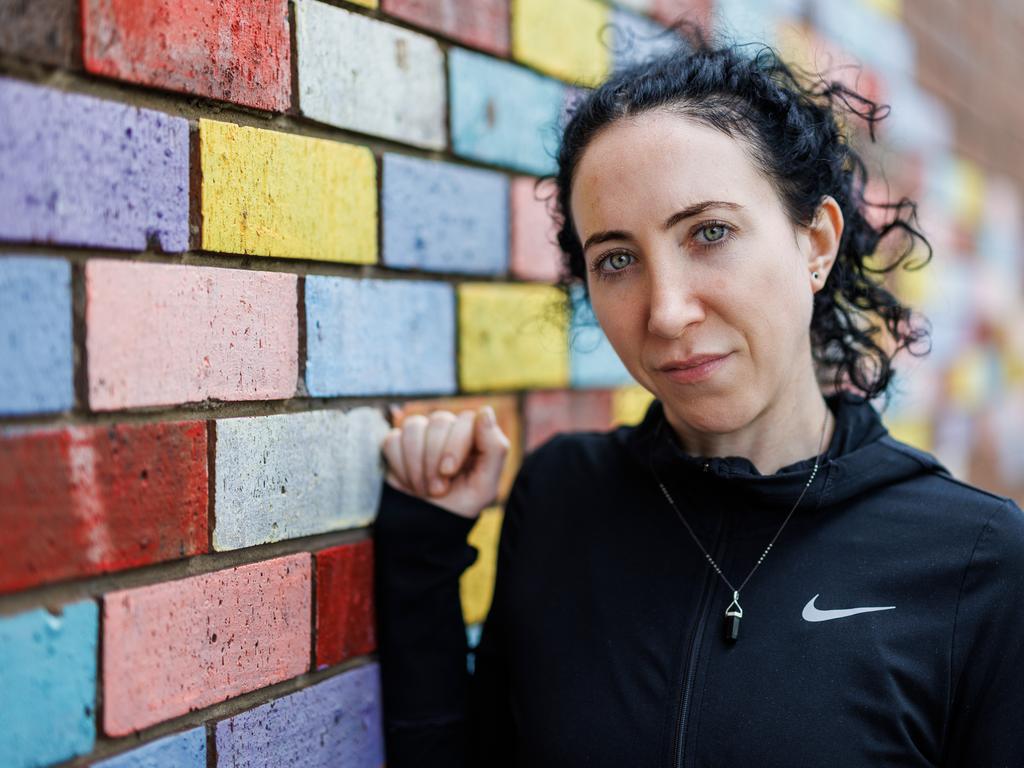DVA to fund psychedelic medicine for veterans with PTSD, depression
Psychedelic medicine is being pushed further into the mainstream with the DVA to fund the therapies for ill veterans, as the TGA weighs up also allowing it for palliative care.

The Department of Veterans Affairs will fund MDMA and psilocybin-assisted therapies for veterans with post-traumatic stress disorder and treatment-resistant depression, in a significant move that pushes psychedelic medicine further into the mainstream.
Resistance to the therapies remains, with many medical groups urging greater caution until there is more robust evidence to prove the therapies work and that their benefits outweigh their potential harms.
In 2023, Australia became the first country in the world to allow MDMA-led therapy for the treatment of PTSD. Psilocybin, the hallucinogenic substance found in magic mushrooms, can also be legally used alongside therapy for treatment-resistant depression.
There are tight restrictions around their use and they can only be prescribed by an approved psychiatrist, and the drugs can only be provided to patients in a clinical setting while they are undergoing psychotherapy.
It has long been expected that the DVA would fund the therapies, given the high prevalence of PTSD and clinical depression within the armed forces and based on prior statements.
Open Arms, which provides mental health assessment and counselling for veterans and their families and a 24-hour crisis support line, estimates 5 to 20 per cent of veterans will develop PTSD in their lifetime.

PTSD can develop after experiencing or witnessing a traumatic event, or can build up over time from multiple distressing events.
Symptoms include flashbacks, negative thoughts, fear, shame, and anger. People with the condition can also find it harder to concentrate and may close themselves off from anything they find triggering. The effects of that can be both isolating and debilitating.
The DVA says it is committed to ensuring veterans can access appropriate treatments. “MDMA and psilocybin-assisted treatment will be funded by DVA under strict clinical criteria that aligns with conditions established by the Therapeutic Goods Administration and guidance from the Royal Australian and New Zealand College of Psychiatrists,” a departmental spokeswoman said.
“Where eligibility requirements are met, veterans will not be required to pay upfront for MDMA and psilocybin-assisted treatment, which they have been prescribed.
“DVA is continuing work to finalise the administrative processes as soon as practicable this year, including necessary governance and safety standards. Assessment of requests for treatment will commence when the new administrative processes have been finalised and released.”
Meanwhile, Australia’s drug regulator, the TGA, is considering whether to allow psilocybin to also be used by people who are terminally ill and in existential distress.
The Australian understands the proposal has been referred to the Advisory Committee on Medicines Scheduling for expert advice. The TGA is also seeking consultations on the proposal.
Mind Medicine Australia is a psychedelic lobby group and registered charity. It heavily lobbied the TGA to reschedule MDMA and psilocybin therapy in the first place and shocked the world when its efforts paid off. Its lobbying and lack of medical background has also attracted fierce criticism from medical groups and doctors who question its intentions. Either way, the group has confirmed it has been advocating to again have the rescheduling of the drugs amended so they can be used in palliative care.
This comes as agencies and health insurers are under increasing pressure to fund psychedelic therapies, which typically cost patients about $30,000.

In March, Medibank Private announced it would fund a clinical study of psychedelic-led therapy. If successful, the trial could lead to the controversial therapies being funded, at least in part, by some of the nation’s insurers.
Richard Harvey has been a psychiatrist for 30 years and chaired the psychedelic-assisted therapy steering group for the RANZCP. He worries the therapies are over-hyped and there is too little evidence they work. He worries the hype has filled patients with a false sense of security that the therapies will be a cure.
He said Medibank’s approach, to fund clinical research was “probably the right way to go” and a better solution than them simply funding the therapies outright.
“We can actually get some hard evidence as to whether this is worthwhile, given the very substantial cost of treatment,” Professor Harvey said.
“But if you have severe PTSD, severe enough to need this sort of treatment, the only advice you should be listening to is the advice coming from your own psychiatrist and your own GP. This can’t be a treatment where you do a Google search or you walk away from the people who are treating you and go and find it yourself; that’s never going to work or be effective. It’s dangerous. You should be working with your psychiatrist to find the right treatment.”
The Weekend Australian will explore psychedelic medicine in depth in Inquirer. Out Saturday.





To join the conversation, please log in. Don't have an account? Register
Join the conversation, you are commenting as Logout